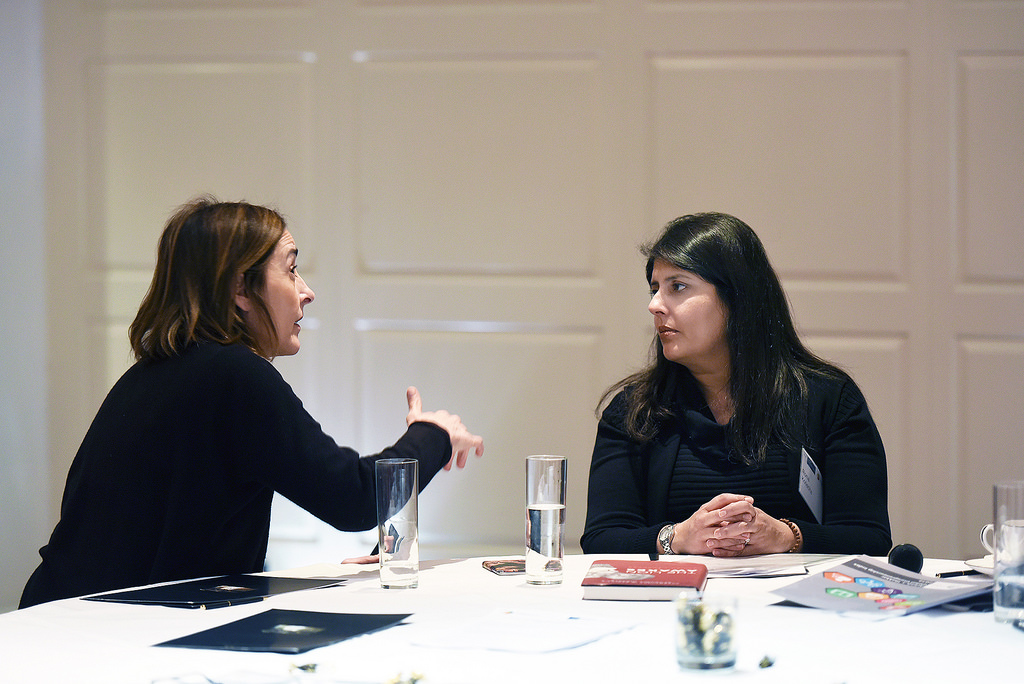In Today’s Complex and Uncertain Times, Philanthropy Associations and Networks Are More Vital Than Ever

Biodiversity, the variety of life on Earth, is a fundamental component of our planet’s ecosystems. It encompasses a wide range of species, ecosystems, and genetic diversity. However, human activities have significantly impacted biodiversity, leading to the endangerment and extinction of numerous species. Recognizing the critical need for conservation, philanthropy plays a vital role in preserving our natural heritage.
Combating Poaching and Wildlife Trafficking: Safeguarding Endangered Species
Poaching and wildlife trafficking pose immense threats to endangered species. The illegal trade of animal products, such as ivory, rhino horn, and exotic pets, drives species closer to extinction. Philanthropic initiatives focused on anti-poaching efforts, community engagement, and raising awareness contribute significantly to the protection and survival of endangered species.
Habitat Restoration: Restoring Balance in Ecosystems
Habitat loss and degradation are major contributors to biodiversity decline. Restoring habitats that have been damaged or destroyed is crucial for the recovery of endangered species and the overall health of ecosystems. Philanthropic support enables the implementation of habitat restoration projects, including reforestation, wetland rehabilitation, and coral reef protection, fostering the revival of biodiversity hotspots.
Conservation Genetics: Unlocking Solutions for Species Survival
Understanding the genetic makeup of species is essential for their conservation. Conservation genetics utilizes advanced techniques to study genetic diversity, population dynamics, and the impact of human activities on species’ survival. Philanthropic funding facilitates research, data collection, and conservation programs guided by genetic insights, contributing to effective species preservation strategies.
Ecosystem Services: Sustaining the Web of Life
Ecosystems provide crucial services that support life on Earth, including pollination, water purification, and climate regulation. Philanthropy directed towards protecting and restoring ecosystems ensures the continuity of these essential services. By supporting initiatives that conserve and restore natural habitats, philanthropists contribute to the sustainability of ecosystem services and the well-being of countless species.
Promoting Ecotourism: Conservation and Local Development
Ecotourism presents a sustainable approach that combines conservation efforts with local community development. By supporting ecotourism initiatives, philanthropy promotes responsible travel that benefits both wildlife and local economies. Ecotourism generates funds for conservation projects, creates jobs, and encourages the protection of wildlife and their habitats.
Wildlife Corridors: Connecting Habitats for Thriving Populations
Fragmentation of habitats isolates species populations, limiting their ability to migrate, access resources, and maintain genetic diversity. Philanthropic contributions towards the establishment of wildlife corridors, which connect fragmented habitats, allow for the free movement of species. These corridors promote genetic exchange, population resilience, and the long-term survival of wildlife.
Managing Invasive Species: Safeguarding Native Ecosystems
Invasive species can have detrimental effects on native ecosystems, outcompeting native species and disrupting natural balances. Philanthropy supports efforts to manage and control invasive species, including research, prevention, and removal programs. By addressing this ecological threat, philanthropic initiatives contribute to the preservation of native biodiversity.
Wildlife Management: Ensuring the Well-being of Animal Populations
Effective wildlife management is crucial for maintaining healthy populations and balancing human-wildlife interactions. Philanthropic support enables the implementation of science-based management strategies, including monitoring, conservation education, habitat restoration, and conflict resolution. These initiatives ensure the well-being of animal populations and promote coexistence between humans and wildlife.
Supporting the International Union for Conservation of Nature (IUCN): A Global Force for Nature
The International Union for Conservation of Nature (IUCN) plays a pivotal role in global biodiversity conservation. It provides scientific expertise, sets conservation standards, and facilitates collaboration among governments, NGOs, and communities. Philanthropy directed towards supporting the IUCN strengthens its capacity to drive impactful conservation initiatives and advocate for sustainable practices worldwide.
The Role of Philanthropy: Filling the Funding Gap
Government allocations for wildlife conservation and biodiversity protection may fall short of addressing the magnitude of the challenges at hand. Philanthropy fills this funding gap by providing essential resources for research, conservation projects, education, and community engagement. Philanthropists play a critical role in driving positive change and ensuring the long-term survival of endangered species and ecosystems.
Empowering Philanthropy Associations and Networks: Collaborating for a Better World
In today’s complex and uncertain times, the responsibility of conservation cannot rest solely on governments, NGOs, or a few wealthy individuals. Philanthropy associations and networks are crucial in uniting like-minded individuals and organizations towards shared conservation goals. By supporting these networks, individuals can amplify their impact, collaborate on innovative projects, and inspire collective action for a better world.
Conclusion
In conclusion, philanthropy plays a vital role in preserving biodiversity, protecting endangered species, restoring habitats, and addressing critical conservation challenges. By supporting initiatives focused on wildlife conservation, habitat restoration, and the protection of ecosystems, philanthropists contribute to the sustainable future of our planet and ensure that future generations can enjoy the richness and beauty of our natural world.

